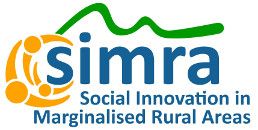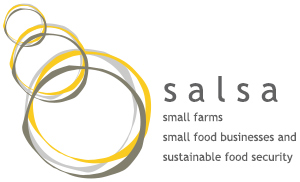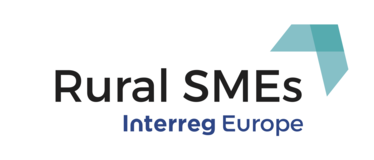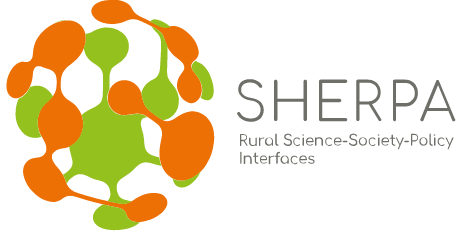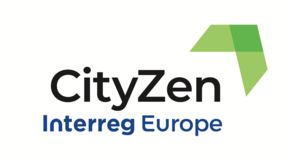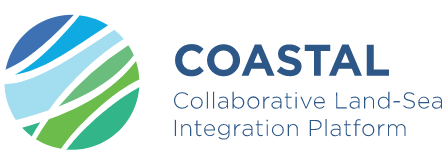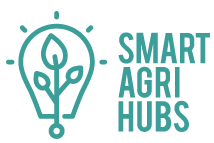Sino-European Innovative Green and Smart Cities
The aim of SiEUGreen is to strengthen EU-China collaboration in food security and sustainable UA and to develop resilient, socially coherent and smart future cities with maximum utilization of solar energy, CO2, minimum environmental footprint and zero waste, thus contributing in circular economy at a global level, meanwhile improving social well-being and quality of life for residents.
Resilience in the European farming sector
The NEWBIE network will facilitate the development and dissemination of new business models, including new entry models, to the full range of new entrants – from successors to complete newcomers to the agricultural sector. It offers a unique platform by bringing together new entrants, successors, advisors, researchers, important regional and national actors and relevant stakeholders in national networks.
Social Innovation in Marginalised Rural Areas
SIMRA is a project funded by the European Union's Horizon 2020 research and innovation programme. SIMRA seeks to advance understanding of social innovation and innovative governance in agriculture, forestry and rural development, and how to boost them, particularly in marginalised rural areas across Europe, with a focus on the Mediterranean region (including non-EU) where there is limited evidence of outcomes and supporting conditions.
Support for Policy Relevant Modelling of Agriculture
SUPREMA is expected to increase and improve the capacity of existing agricultural models to answer the new policy questions, therefore better meeting the expectations by policy makers. It is a meta-platform for agricultural modelling supported by three main pillars (needs, tools and testing), based on a stakeholder foundation to bridge the gap between expectations of policy makers and capacity of models.
Rural Hubs: Innovation spaces that bring new life to rural environments.
Dedicated to offering a place to develop technology projects in depopulated areas, Rural Hubs is a network of coworking spaces in rural spaces connected to create synergies and provide technological support to new and veteran companies. It creates and promotes Rural and Silver Economy projects with specialties in 3D printing, IOT, and robotics. Also, it has a staff of experts and mentors to give courses and advice on different aspects that will help your project move forward.
Towards Sustainable and Resilient EU Farming Systems
SURE-Farm is a research and innovation project funded by the European Union’s Horizon 2020 programme and coordinated by the Wageningen University. The project builds on concepts of resilience thinking and develops a comprehensive framework to identify the conditions that enable farming systems to become and remain resilient to a broad range of current and imminent stressors.
Small farms, small food businesses and sustainable food security
SALSA aims to provide a better understanding of the current and potential contribution of small farms and food businesses to sustainable food and nutrition security. SALSA uses a food systems perspective to look beyond production capacity and investigate food security in terms of the availability of nutritious and safe food, food access and control (including affordability), food utilisation, and food stability.
Rural regeneration through systemic heritage-led strategies
RURITAGE establishes a new heritage-led rural regeneration paradigm through the enhancement of their unique CNH potential. It has identified 6 Systemic Innovation Areas (pilgrimages; sustainable local food production; migration; art and festivals; resilience; and integrated landscape management) which, integrated with cross-cutting themes, showcase heritage potential as a powerful engine for economic, social and environmental development of rural areas.
Rural Urban Europe
Rural-Urban Europe draws on findings from ROBUST – an innovative transdisciplinary rural-urban research project – and other European and international projects. ROBUST examines current governance systems, processes and practices in 11 different city-regions, and recommends more effective arrangements and better policy frameworks. Explore the Rural-Urban Europe website to get the latest information about cutting-edge research on rural-urban issues.
Replicable Business Models for Modern Rural Areas
RUBIZMO’s aim is to discover the vital ingredients for developing entrepreneurship and successful business models in high potential sectors. RUBIZMO experts are analysing business models from hundreds of previous funded and private enterprise initiatives. By examining the reasons for their success – or failure – in the context of their collaboration and support networks, the project will discover and share the key ingredients to recreate innovative business ideas all over Europe.
INnovative CULtural ToUrisM in European peripheries
The INCULTUM project deals with the challenges and opportunities of cultural tourism with the aim of furthering sustainable social, cultural and economic development. It will explore the full potential of marginal and peripheral areas when managed by local communities and stakeholders. Innovative participatory approaches are adopted, transforming locals into protagonists, able to reduce negative impacts, learning from and improving good practices to be replicated and translated into strategies and policies.
Exploring the European Food System
The objectives of SUSFANS are «to build the conceptual framework, the evidence base and analytical tools for underpinning EU-wide food policies with respect to their impact on consumer diets and their implications for nutrition and public health in the EU, the environment, the competitiveness of the EU agri-food sectors, and global food and nutrition security». The relevance of SUSFANS in its present research and policy environment.
Mountain Valorisation through Interconnectedness and Green Growth
MOVING identifies the socio-ecological factors that will shape the future of mountain value chains by 2050. It aims to build capacities and co-develop – through a bottom-up participatory process that involves value chain actors, stakeholders and policy-makers – relevant policy frameworks across Europe for the establishment of new or upgraded/upscaled value chains that contribute to the resilience and sustainability of mountain areas to climate change.
Policies to develop entrepreneurship in rural areas
To improve the policies on regional support systems for entrepreneurs through exchange of experiences and identification of good practices, implementing the lessons learnt in regional action plans to increase the creation of innovative SMEs in rural areas. To achieve this goal the project envisages the identification, transfer and adoption of projects, measures and policies that would contribute to find out solutions to key challenges that face business development in less populated areas.
Shaping the Ethical Dimensions of Smart Information Systems
In collaboration with a broad range of stakeholders, the SHERPA project will investigate, analyse and synthesise our understanding of the ways in which smart information systems (SIS; the combination of artificial intelligence and big data analytics) impact ethics and human rights issues. It will develop novel ways of understanding and addressing SIS challenges, evaluate with stakeholders, and advocate the most desirable and sustainable solutions.
Sustainable Finance for Sustainable Agriculture and Fisheries
The H2020 project SUFISA is focused on institutional arrangements (IAs) in general and supply chain arrangements (SCAs) in particular across 22 European agriculture, aquaculture and fisheries cases. The purpose of SUFISA is to identify sustainable practices and policies in the agricultural, fish and food sectors that support the sustainability of primary producers in a context of multi-dimensionsal policy requirements, market uncertainties and globalisation.
Digitisation: Economic and Social Impacts in Rural Areas
DESIRA aims to improve the capacity of society and political bodies to respond to the challenges that digitalisation generates in agriculture, forestry and rural areas. DESIRA Consortium reflects the interdisciplinary and transdisciplinary of the research project, with 25 partners bringing expertise in agricultural economics, rural sociology, etc.
Environment and resource efficiency
CityZen’s main outputs spell out in 5 Action Plans for policy change in each region, a good practices ‘marketplace’, accelerators for policy makers, serious gaming by a JRC SES technique and compelling guidelines on how urban farming changes city landscapes. The partners represent public bodies, a think-tank and research center coming from Bulgaria, Greece, Portugal, Spain and Germany.
Connecting you to the service you need
dRural will inject new chances for the development of European rural areas and communities. The project aims to co-develop and roll up a digital marketplace of services for people living in those areas, while creating jobs and opportunities for economic growth and quality of life improvement. Its main goal is to become the principal service marketplace for all European Rural Areas.
Collaborative Land-Sea Integration Platform
COASTAL is a research and innovation project, a unique multi-actor collaboration of coastal and rural business entrepreneurs, administrations, stakeholders, and natural and social science experts to formulate and evaluate business solutions and policy recommendations aimed at improving the coastal-rural synergy to foster rural and coastal development while preserving the environment.
Science for Evolution
IrRADIARE is an innovative company that provides support, advise, services, platforms, systems and smart solutions for cities and regions. IrRADIARE operates European-wide from Brussels and Lisbon within an outreach active network of 1200 entities in a significant number of European regions. Climate, society, sustainability, integration, procurement, investment, data are domains on which IrRADIARE provides cities and regions with innovation.
Smart Farming Solutions
DEMETER’s goal is to lead the digital transformation of Europe’s agri-food sector through the rapid adoption of advanced IoT technologies, data science and smart farming, ensuring its long-term viability and sustainability. It aims to put digital means at the service of farmers using a human-in-the-loop model, focusing on interoperability and transforming the sector by building the solution on an array of digital technologies.
Connecting the dots
SmartAgriHubs is a €20 M EU project under the Horizon 2020 instrument, and brings together a consortium of well over 164 partners in the European agri-food sector. The project aims to realise the digitisation of European agriculture by fostering an agricultural innovation ecosystem dedicated to excellence, sustainability and success. It employs a multi-stakeholder approach and covers a broad value-chain network across all EU member states.
Digitising European Industry
OPENDEI’s goal is the creation of common data platforms based on a unified architecture and an established standard. Manufacturing, agriculture, energy and healthcare represent key fields for the deployment of the EU strategy for digitalisation. In this framework, the EU-funded OPEN DEI project aims to detect gaps, encourage synergies, support regional and national cooperation, and enhance communication among the Innovation Actions implementing the EU Digital Transformation strategy.
Architecture for Unified Regional Open digital ecosystems for Smart Communities and Rural Areas
AURORAL focuses on increasing connectivity and delivering a digital environment of smart objects interoperable services platforms able to trigger dynamic rural ecosystems of innovation chains, applications and services. Thus, AURORAL contributes to increase economic growth and create jobs in rural areas and to tackle significant societal challenges, contributes to overcoming digital divide between rural and urban areas and to develop the potential offered by increased connectivity and digitisation of rural areas.
Future Oriented Collaborative Policy Development for Rural Areas and People
PoliRural will provide a set of knowledge resources including an inclusive learning environment where rural populations, researchers and policymakers come together to address common problems; an evaluation exercise that uses text mining to assess the perceived effectiveness of past or planned policy interventions; and a foresight study that will collect the development trajectory of agriculture and its allied sectors until 2040 using several scenarios in which the evolution of rural populations occupies a central place.
